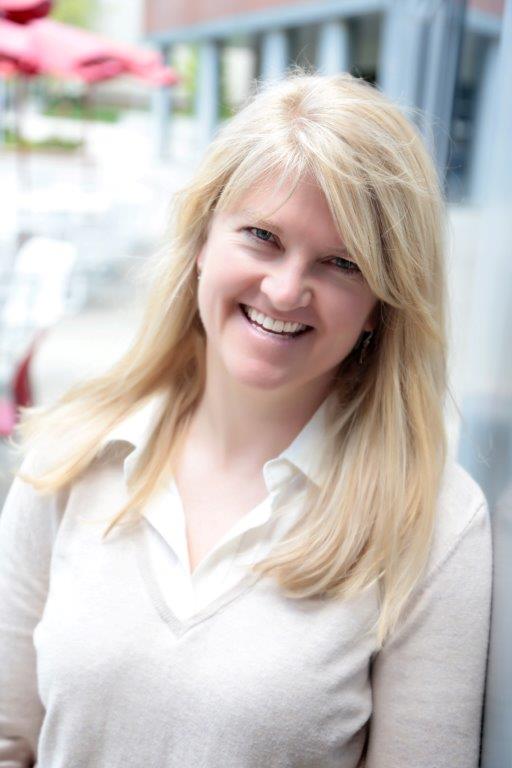It’s not that Alex Wubbels was an Olympic skier.
And it wasn’t de-escalation training.
The University of Utah Hospital Intermountain Burn Center nurse said her unusual calm when faced with an angry Salt Lake City Police detective determined to get a blood sample from an unconscious patient was a result of her work environment, the support of her colleagues and the education she received at the College of Nursing.
“Everything I needed to know I learned right here,” Wubbels told an audience gathered for the college’s annual Sigma Theta Tau International (STTI) Induction ceremony Nov. 16.
Wubbels, who graduated with her bachelor’s degree in 2009, said she works in a uniquely empowering hospital unit for nurses.
“Since I first stepped foot as a nurse in the Burn/ICU Unit, I’ve been given space at the table—literally a seat in the doctor-staff interdisciplinary room,” she said. “When we occupy a seat in this room, we are encouraged, expected and, most of all, empowered to advocate for our patients. We all are expected to speak up. All our voices are equal in value because it is about the patients’ needs.
“It is because of that empowerment that I was able to stand up for my patient at the risk of my own personal safety.”
Wubbels was handcuffed and arrested July 29 after refusing to draw a blood sample for the police detective. Video of the incident went viral the next month (it was played 11 times on NBC’s “Today Show”) and forced policy changes within the police department and hospital. Wubbels settled with the police department in October for $500,000. Wubbels said she will use a portion of the money to help others get body camera footage from police, and her attorney’s firm has offered free legal services to obtain such video.
Wubbels congratulated the soon-to-graduate students for choosing a challenging, at times exhausting, but very satisfying career. When she first started, Wubbels said, she took solace in policies and procedures, believing they provided protection and simple, black-and-white answers. But over time, she found many more grays.
“In a world where life is in a delicate balance and every patient is different and even the same patient can change within the hour, a new nurse may find solace in the concrete—orders, checklists policies. That will become effortless,” she said. “It’s the why” that isn’t.
“Once you understand the orders and have studied the procedure and your jerky actions become the flow of habit, all of the sudden you begin to think again, and suddenly, everything that was so clearly black-and-white is just so gray.”
It’s in those moments, Wubbels said, when she goes back to what she learned in nursing school—specifically, The Art of Nursing, by Carolyn Cooper. Associate Professor Lynn Hollister teaches the course at the college.
“Everything I needed to know to stand up during that traumatic experience I learned here at the College of Nursing,” Wubbels said. “Keep your patient safe. That’s it. That’s all I know.
“You’ve already learned it. Now, you’ll be living it.”
